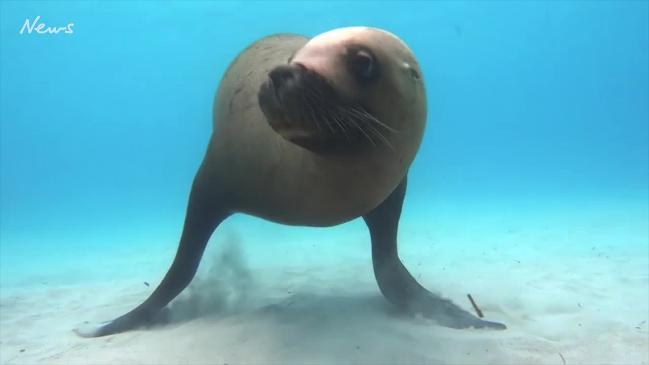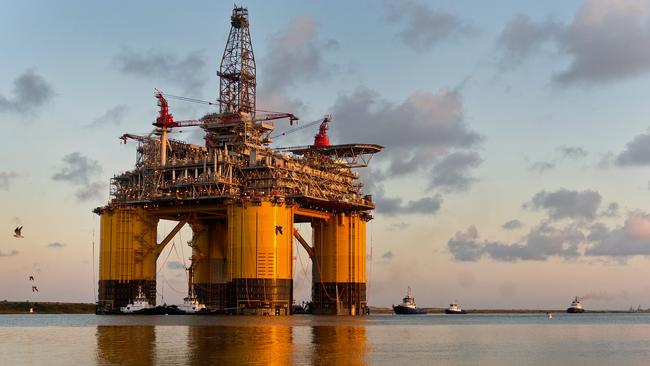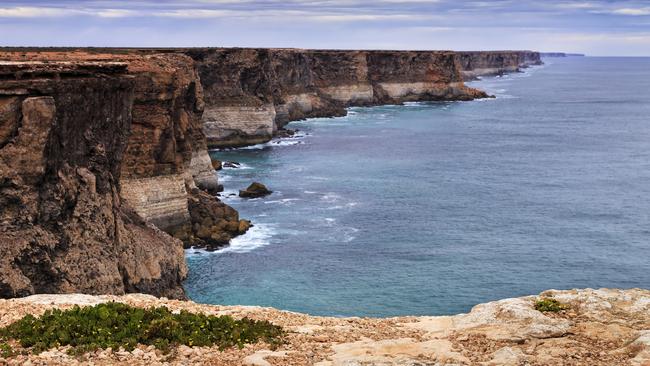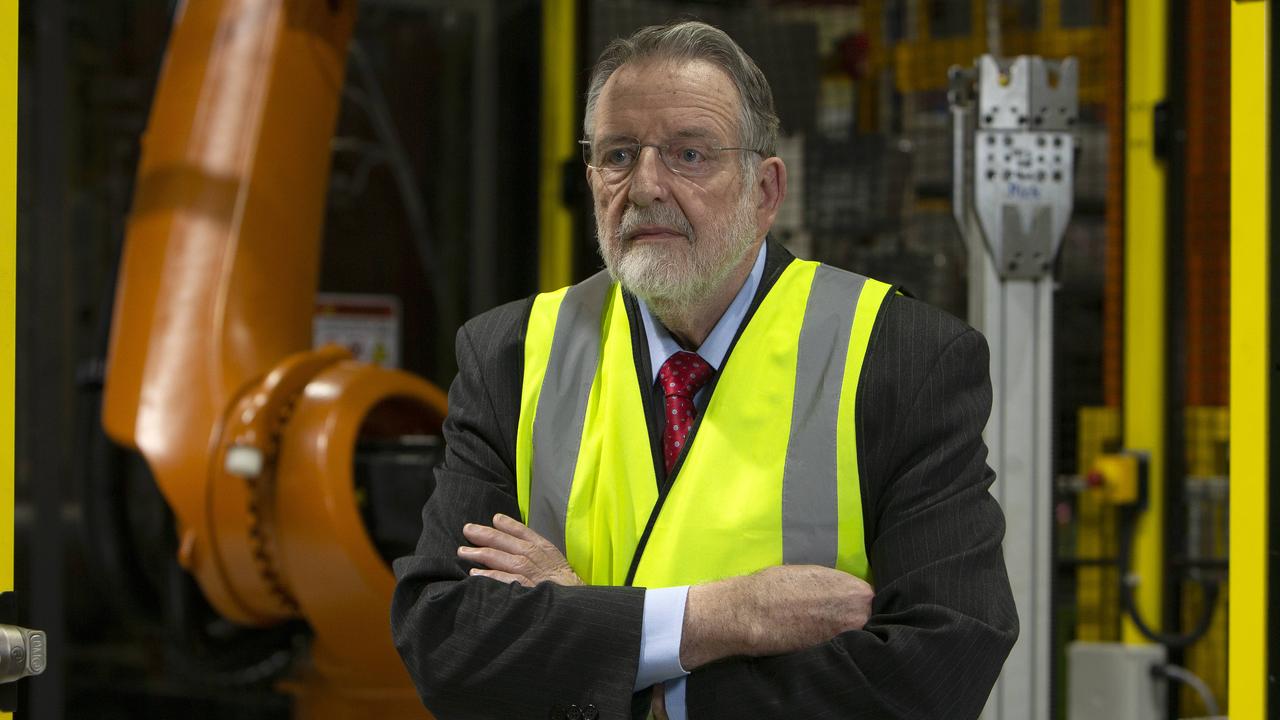Claims of a jobs boom from oil drilling in The Bight are exaggerated, critics say
CLAIMS of a jobs and revenue boom from potential oil production in the Great Australian Bight have been welcomed by government and industry but discounted by critics as “exaggeration”.

- Industry claims Bight drilling could create thousands of jobs
- Why oil drilling divides South Australia
- Seismic testing is an environmental threat
- Great Australian Bight bid for United Nations world heritage status
- SA protest at Equinor’s Norway headquarters
CLAIMS of a jobs and revenue boom from potential oil production in the Great Australian Bight have been welcomed by government and industry but discounted by critics as “exaggeration”.
A report commissioned by the Australian Petroleum Production and Exploration Association report, prepared by ACIL Allen Consulting, has modelled two scenarios, with the high case from oil production generating as much as $7.7 billion in Commonwealth and state taxation per year and thousands of jobs across four decades, starting in 2028.
Federal Resources Minister Matt Canavan said while no oil and gas had yet been discovered in The Bight, off the SA coast, there was huge potential.
“We will work with all current titleholders to develop this important oil and gas frontier, which could be as significant as Bass Strait,’’ he said.
Norwegian company Equinor currently intends to start drilling in The Bight at the end of next year — subject to approval by the federal regulator NOPSEMA — after energy giants BP and Chevron shelved their plans in 2016 and 2017.

Even the “low case” scenario modelled by APPEA would create more than 800 jobs for 40 years, but is predicated on at least three separate developments going ahead.
SA Greens MLC Mark Parnell said the resources industry had a history of over-promising about economic benefits and understating the environmental risks of projects.
“One of the certainties in life is that the resources industry overstate the benefits. It’s just what they do.
“They overstate employment, they overstate royalty revenue and they completely understate the risk.’’
Mr Parnell said if something were to go wrong, the economic impact would be “disastrous”, even if there were a modest spill.
Wilderness Society South Australia Director Peter Owen said 11 councils had now voiced their objections to drilling in The Bight.
“So now the oil industry is hitting back with a highly questionable report about jobs and economic benefit,’’ he said.
“The mining industry has a long, proud tradition of making fantastic claims about the benefits of their projects but rarely delivering.
“There are a lot of ‘coulds’ in APPEA’s report which it admits relies on many assumptions, one including a scenario based on oil production from a completely different region in far shallower waters.

“The oil and gas industry can talk about imaginary numbers all it wants but they are dwarfed by South Australia’s $442 million fishing industry and its tourism industries in coastal regions, worth more than $1 billion. The two industries employ more than 10,000 full-time positions, and both industries would be devastated in an oil spill.’’
APPEA director SA & NT Matthew Doman said it was a fact that the Bass Strait oil and gas fields had supported thousands of jobs for 50 years and “hundreds of thousands” of indirect jobs over those times.
With The Bight’s resources possibly comparable, it was reasonable to assume a strongly-positive, long-term economic outcome.
Mr Doman said the industry was confident it could operate safely and sustainably and the protection of coastal communities was paramount.
cameron.england@news.com.au



